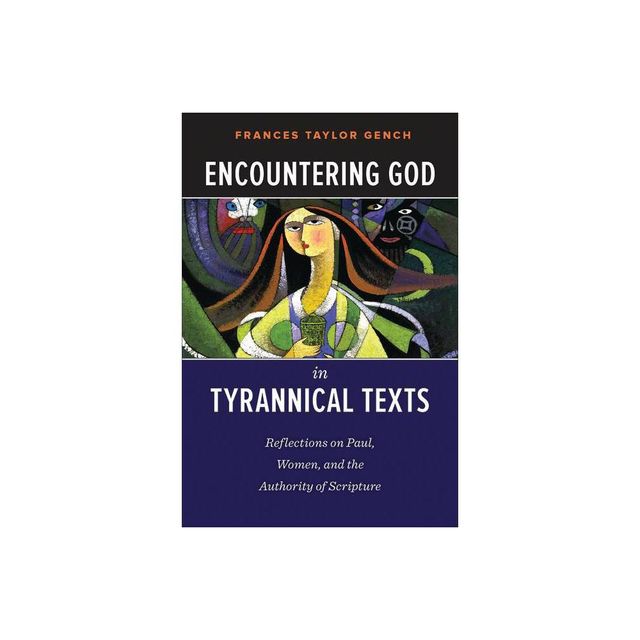Home
Encountering God: El Rachum V'chanun-God Merciful and Gracious
Loading Inventory...
Barnes and Noble
Encountering God: El Rachum V'chanun-God Merciful and Gracious
Current price: $27.99


Barnes and Noble
Encountering God: El Rachum V'chanun-God Merciful and Gracious
Current price: $27.99
Loading Inventory...
Size: Hardcover
*Product Information may vary - to confirm product availability, pricing, and additional information please contact Barnes and Noble
It is time to recover rabbinic lessons of late antiquity: God is a God of grace and love; human beings can aspire to goodness and promise; on Yom Kippur the two of them meet—God's love energizes human potential and the world is reborn with hope restored.
The God of Jewish tradition is far from the strict God of justice commonly understood to be the God of the Hebrew Bible. God’s self-introduction to Moses atop Mount Sinai does indeed conclude with the image of punishment throughout the generations but begins with "God merciful and gracious," the imagery that finds its way into rabbinic liturgy and lore as solely the God of grace and compassion, pardon and love.
To arrive at this selective perception of biblical tradition, the Rabbis of the Talmud deliberately misread the biblical text, and then fashioned a myth of God who dresses up as a leader of prayer and promises pardon if Israel will only repeat these merciful attributes as part of its prayer ritual on that day. Ever since, the Thirteen Attributes—as the list comes to be known—becomes central to Jewish prayer, accompanying the liturgy for holidays generally, and framing the opening and closing services of the holiest day in the Jewish year, Yom Kippur, the “Day of Judgment” itself.
In this seventh volume in the
Prayers of Awe
Series, contributors—men and women, rabbis and laypeople, scholars and artists from across the spectrum of Jewish life, and representing the US, Israel, the UK, Germany, France, Canada, and Australia—chart the importance of these Thirteen Attributes of God. They explore the kind of God Jews meet in prayer and the consequent self-reflection about the human condition that Judaism recommends on the basis of its idealized image of God as, above all, merciful and gracious.
The God of Jewish tradition is far from the strict God of justice commonly understood to be the God of the Hebrew Bible. God’s self-introduction to Moses atop Mount Sinai does indeed conclude with the image of punishment throughout the generations but begins with "God merciful and gracious," the imagery that finds its way into rabbinic liturgy and lore as solely the God of grace and compassion, pardon and love.
To arrive at this selective perception of biblical tradition, the Rabbis of the Talmud deliberately misread the biblical text, and then fashioned a myth of God who dresses up as a leader of prayer and promises pardon if Israel will only repeat these merciful attributes as part of its prayer ritual on that day. Ever since, the Thirteen Attributes—as the list comes to be known—becomes central to Jewish prayer, accompanying the liturgy for holidays generally, and framing the opening and closing services of the holiest day in the Jewish year, Yom Kippur, the “Day of Judgment” itself.
In this seventh volume in the
Prayers of Awe
Series, contributors—men and women, rabbis and laypeople, scholars and artists from across the spectrum of Jewish life, and representing the US, Israel, the UK, Germany, France, Canada, and Australia—chart the importance of these Thirteen Attributes of God. They explore the kind of God Jews meet in prayer and the consequent self-reflection about the human condition that Judaism recommends on the basis of its idealized image of God as, above all, merciful and gracious.


















